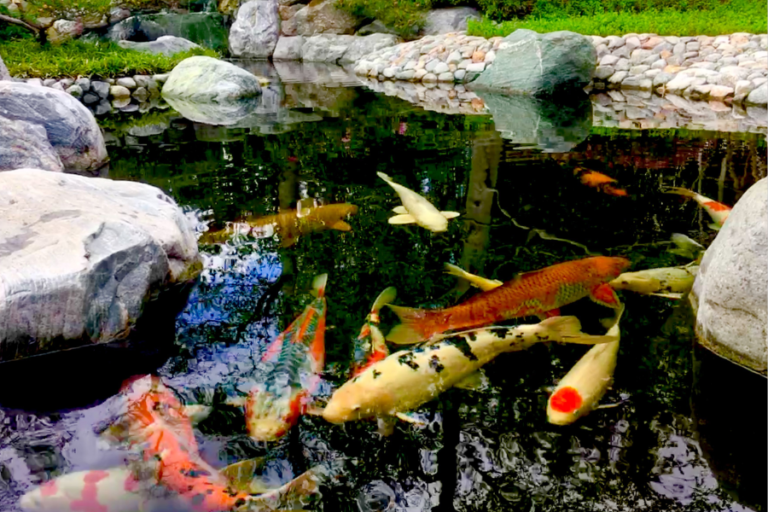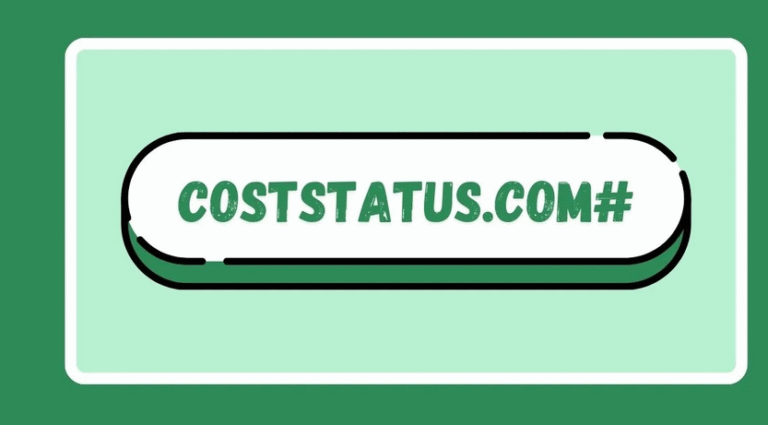Inside the Phrase: Understanding the Layers of “Utanmaz Türklere”
Greetings and welcome to our deep dive into utanmaz türklere, your go-to source for exploring the cultural currents beneath this loaded phrase. More than just a sharp insult or pointed remark, utanmaz türklere—which translates to “shameless Turks”—is a term deeply embedded in Turkish culture, shaped by generations of evolving social, political, and emotional values. This article explores its roots, significance, and modern usage in everyday conversations, media, and digital platforms.
Legacy
Throughout Turkish history, cultural concepts like namus (honor) and şeref (dignity) have carried immense weight. These traditional values have long served as the backbone of societal expectations and personal conduct. When someone’s behavior defied these moral codes, the label utanmaz—or “shameless”—was commonly applied.
From this backdrop, utanmaz türklere emerged not just as a personal insult but as a social warning. It served to isolate those who veered from accepted norms and to protect the collective honor of families, communities, and the nation itself. In essence, it became a disciplinary tool within Turkish society.
Identity
In Turkish culture, shame—utanma—functions as more than just a personal feeling; it’s a collective mechanism for guiding behavior. Being called utanmaz türklere often implies a rejection of community standards, particularly regarding issues like modesty, gender roles, and public integrity.
What makes utanmaz türklere culturally unique is how it reflects the friction between public morality and individual freedom. While Western societies might emphasize personal autonomy, Turkish society historically values group cohesion and conformity. In this context, utanmaz türklere becomes both a judgment and a form of cultural policing.
Humor
Interestingly, the phrase utanmaz türklere is not always used with hostility. In everyday banter, it can appear playfully among friends or even as self-deprecating humor. For instance, someone making a bold fashion choice or acting out of character might jokingly refer to themselves or others as utanmaz türklere.
This casual usage shows the term’s flexibility, allowing it to shift in tone based on context. Still, when used in serious discussions—especially on social or political matters—it can become a sharp weapon of moral condemnation.
Divides
While the use of utanmaz türklere may seem harmless in a joking tone, its implications can be far-reaching. When directed at marginalized communities or individuals from lower socio-economic backgrounds, it reinforces existing class and cultural divides.
This labeling also becomes a means of exclusion, implicitly saying, “You don’t belong.” Whether aimed at outspoken women, LGBTQ+ individuals, or political dissenters, utanmaz türklere is often used to delegitimize and shame behaviors that challenge the mainstream.
Screens
With the rise of digital platforms like Twitter, Instagram, and YouTube, the phrase utanmaz türklere has found new life online. Users across Turkey employ it in comment sections, hashtags, and viral memes, often to critique celebrities, influencers, or political figures.
The digital world amplifies both the reach and the consequences of such language. A person accused of being part of the utanmaz türklere crowd online can face serious reputational damage, bullying, and even doxxing. The anonymity and speed of social media make the term even more potent—and more dangerous.
Psychology
Being labeled as utanmaz türklere can have real psychological consequences. Public shaming can lead to isolation, anxiety, and diminished self-esteem. For younger generations who are especially active online, this label can be deeply scarring.
Some individuals respond with humor, turning the insult on its head by owning it. Others may feel the need to overcompensate, altering their behavior to conform to societal expectations. In both cases, the emotional toll is significant and often long-lasting.
Understanding the mental health impact of such terms is crucial for building a more empathetic society—one that sees beyond the label of utanmaz türklere and acknowledges the person behind it.
Parallels
When we compare utanmaz türklere to phrases in other cultures, we notice both similarities and key differences. In English, “shameless” carries a similar tone of disapproval, but lacks the ethnic or national identity embedded in the Turkish phrase.
Likewise, in East Asian cultures, terms related to shame often involve the entire family or community. However, the combination of cultural, religious, and nationalistic undertones in utanmaz türklere makes it a uniquely Turkish expression.
These comparisons help us see how cultures worldwide use shame as a form of social regulation—though each has its own methods, words, and boundaries.
Change
Turkish society is not static. With globalization, modernization, and increasing access to diverse worldviews, the rigid definitions of honor and shame are slowly evolving. Younger generations are questioning the relevance of traditional labels like utanmaz türklere, pushing back against judgmental attitudes in favor of personal freedom.
This ongoing transformation means that terms once used to silence or shame are now being reexamined. In some cases, utanmaz türklere is even being reclaimed by those it sought to marginalize, worn as a badge of defiance and individuality.
Dialogue
To move toward a more inclusive future, it’s essential to foster dialogue around phrases like utanmaz türklere. Whether it’s through education, media, or interpersonal conversations, unpacking the cultural weight of such expressions allows for deeper understanding and mutual respect.
By addressing the root causes behind their usage—fear of change, protection of tradition, or anxiety about identity—we can begin to dismantle the stereotypes and assumptions these words uphold.
Reflection
Ultimately, utanmaz türklere is far more than a phrase. It’s a cultural artifact, a reflection of the ongoing push-and-pull between tradition and modernity, conformity and self-expression. As Turkey continues to grow and change, so too will the language it uses to define itself.
Recognizing the historical and emotional power behind terms like utanmaz türklere is the first step toward a society that values understanding over judgment and empathy over exclusion.
FAQs
Q1: What does “utanmaz türklere” literally mean?
A: The phrase translates to “shameless Turks” in English. It combines the word utanmaz (shameless) with Türklere (to Turks), often used as a critique or cultural label.
Q2: Is “utanmaz türklere” considered offensive?
A: It can be. Depending on context, it may be used humorously among friends or as a serious insult meant to question someone’s values, behavior, or morals.
Q3: Why is shame such a big deal in Turkish culture?
A: Shame—utanma—has long been a social mechanism for upholding community values related to modesty, family, and public behavior. It plays a central role in how individuals are judged and treated.
Q4: How has social media changed the use of “utanmaz türklere”?
A: Online platforms have amplified its usage, turning it into a viral critique that can rapidly damage reputations or spread stereotypes. It’s more public and more powerful now than ever.
Q5: Are there any efforts to change or challenge the use of this term?
A: Yes. Activists, writers, and younger people are increasingly questioning the use of such judgmental language and advocating for more inclusive, respectful communication.
Q6: How does this term compare to words in other cultures?
A: Words like “shameless” in English or culturally specific terms in Asian languages share similar functions but lack the nationalist component present in utanmaz türklere.
Stay connected for the latest news and updates on Ancientartz!






